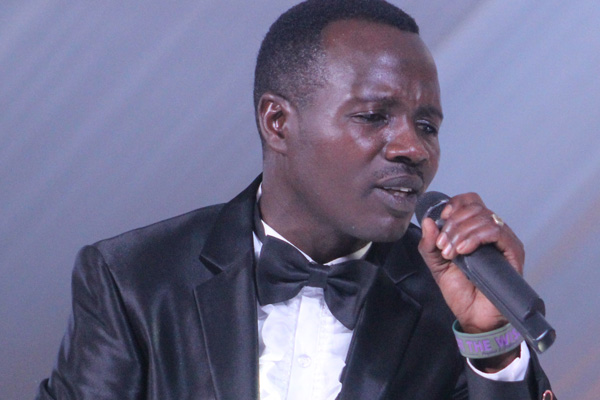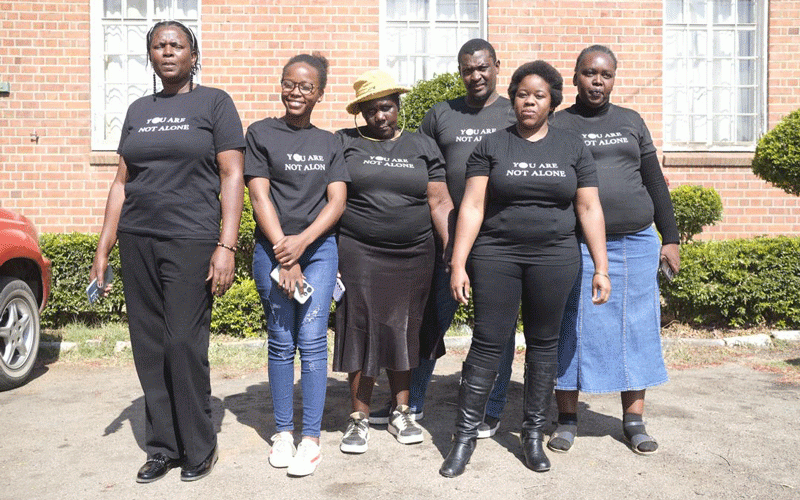
The storyboard with Stan Mushava
The flowers that philosophers planted on God’s grave produce no fruits to feed His orphans. If God is dead, as Nietzsche claimed, and truth is irretrievably contaminated, as Baudrillard suggested, then the weak will suffer what they must, as Varoufakis lamented.
If history has only ever been the evolution of lies into truth, then the 21st century is not only the end of history, but technology, political and media elites are the finest flower of the post-truth civilisation, and the poor are the scum in the washbasin.
I am thinking about post-truth 2019, where newsrooms are politicians’ toilets, CIAs manufacture paper trail to misdirect attribution for their own crimes, autopsies are written by presidential secretaries, and deepfakes collapse the last inch between meaning and malice.
I am looking for the artist’s place in a time where the camera is the eye of God in the control room of corporate slavemasters, the deep state votes nights before election morning, political correctness is the last station of progress, primal hate infests the gut in the form of science, and revolution is floated in passive algorithms.
When the streets are on lock, the internet shut down, bodies dropping, the dead helplessly reading about how they pre-planned their deaths, and victims have only their violators to run to, technology, state and media fuelling the last evolutionary leap between truth and lies, can the artist really afford not to prophesy?
When truth is seduced into the corner of money and power, and elite men and women who travel and spend and merchandise agree on behalf of hood rats and village mice that the economy is more important than politics, and is not necessarily a function of civic freedoms, are the luxuries of art not best needed as a warm rug for the bottom of the pyramid?
The death of God is greatly exaggerated because those who unchained the sun from the sky cannot uproot humanity from the heart. As long as this remains, the light that cannot be extinguished from outside, no matter how many people are paid to forget how they feel, there will always be one madman whose only contract is his conscience. He is the artist.
- Chamisa under fire over US$120K donation
- Mavhunga puts DeMbare into Chibuku quarterfinals
- Pension funds bet on Cabora Bassa oilfields
- Councils defy govt fire tender directive
Keep Reading
Congolese author Sony Labou Tansi must have been trapped in a time like now when he said, “to be a poet nowadays is to want to ensure, with all one’s strength, with all one’s body and with all one’s soul, that, in the face of guns, in the face of money (which in its turn becomes a gun), and, above all, in the face of received wisdom (upon which we poets have the authority to piss), no aspect of human reality is swept into the silence of history.”
These are the conspiracies that unsettle him when he vows that his writing “will be shouted rather than simply written down; my life itself will consist of groans and screams and being pushed around, and never being simply allowed to live. I am going in search of man, who was once my brother; in search of the world and things, who were also once my brothers”.
To unchain the sun from the sky, the elites merely need three ships: sponsorship, spaceship and fellowship. They got these anyway. But while their money can sponsor the masses of Babel, and their Interlingua can confound the gatekeepers of the galaxy, they cannot extinguish humanity except with the consent of the subject.
The artist is special because, where the experts are guided by their contracts; he is guided by his conscience. And where the experts report to their paymasters, the artist reports to God. This is what Tocky Vibes must have meant when he told mercenary soldiers: “Just as you don’t refuse when your bosses send you, I don’t refuse when my God sends me.”
I have been lately bumping the prophetic utterances of the “new” dispensation, from Zimdancehall to protest poetry. I found myself shuffling for Leonard Zhakata’s perspective on artists in politics. The archetypal prophet, in an interlude to his video collection, laughs off the charge that he sings politics.
“Whatever is going on with me, what I am wearing, or for you to even wear shoes — whether you check Zimbabwe’s records, the country’s literacy rate, or statistics of people who can afford suits — you will see that all of us write and sing politics.
“But what I am against, I think, is when it gets to where I have to praise this party or that party, or when I have to sell the policies or manifesto of a certain party. You don’t find me in that category of politics. But whatever is good for Zimbabwe, that I sing,” Zhakata explains.
To transcend category, that is the immortal attribute of the prophet. Prophets are well past the temptation of the choice foods and easy rewards Babylon dangles. Their long nights of the soul, in the mystical remove of the wilderness, concern showing their people the carcinogens at the table.
And, as lies have evolved to match truth by strangling, emptying, sterilising and impersonating it, the artist cannot simply prophesy as usual lest his voice too be sucked into an echo of the satanic mills.
Silicon Valley, Uncle Sam and his dark nephews, our kinsmen with the guns, have mastered the art of making the original a subcategory of the fake. Unless he punctures the fake, the artist’s prophecies are drowned and doomed.
More than his bastard philosophers, Guy Debord’s scalpel courses where Babylon is most vulnerable. Detourment, his programme of action, is to fight power with its own tools. To caricature the devil with his own make-up, to recruit the beast’s immunity against it, and to sew guitar strings into the enemy’s machine gun.
When the system sterilises and appropriates revolution with “different forms of the same alienation” confronting each other, as Debord observes, “behind the masks of total choice,” theoretic violence will proceed from the prophet’s watchpost.
Detourment is to keep the system tired of keeping up with the evolution of revolution. The prophet speaks in public the language that the impostor speaks backstage, and makes in public the sausages politicians make in secret lest anyone be fooled by branding.
Feedback: [email protected]











